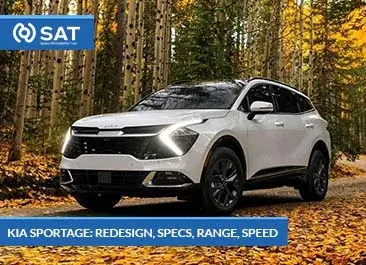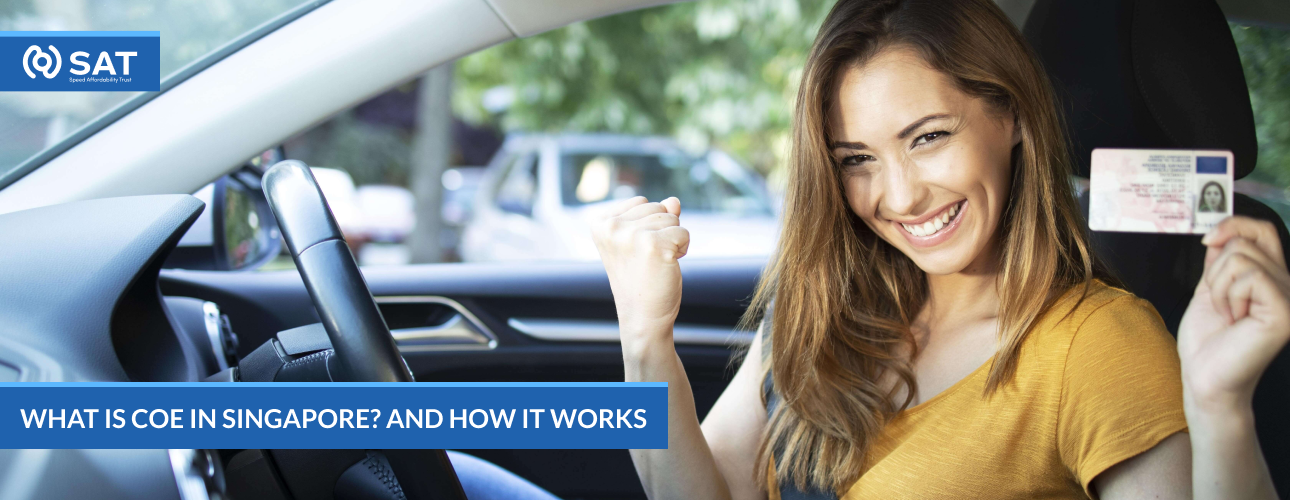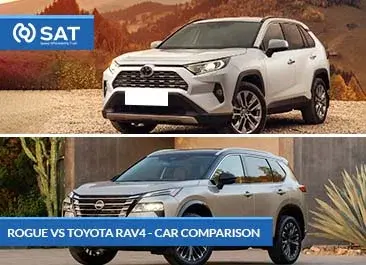Owning a car in the island state of Singapore means not just buying a vehicle; rather, owning a car in the truest sense largely means owning a Certificate of Entitlement (COE)- a key constituent that confers rights concerning vehicle possession and use over a specified period. This system of the COE Singapore helps regulate the volume of vehicles on the road in a city-state where congestion and physical space matter a lot. In this blog, we explain what COE is, how the process of bidding works, and all the characteristics shaping COE prices.
What is COE Singapore?
A Certificate of Entitlement (COE) in Singapore represents the right to vehicle ownership for a period of 10 years. COEs are integral to the Vehicle Quota System (VQS), a landmark scheme implemented to regulate the growth of the vehicle population in Singapore, which is among the densest in the world.
The COE allows the vehicle owner to use the car for a period of 10 years. If this period has already expired, then the owner is left with either deregistering the vehicle or renewing the COE for another five or ten-year mileage by paying the Prevailing Quota Premium, PQP. In the calculation of PQP, the moving average of the prices of COE is considered over the last three months.
To many car owners, this can be as high as the price of the vehicle or even higher at times. This makes it one of the most determining factors in car ownership in Used Car for Sale in Singapore.
Categories of COE
There are five categories of COEs, which are intended to address different types of vehicles. Each of these categories needs to be understood by prospective car owners, as they will have to make a decision on which COE to bid for, pending the type of vehicle.
- Category A: Vehicles with engines up to 1600cc and a maximum power output of 97kW (130bhp).
- Category B: Vehicles with engines above 1600cc or power output above 97kW.
- Category C: Goods vehicles, for example, buses and lorries.
- Category D: Motorcycles.
- Category E: Open category; any kind of vehicle may be registered with the exception of motorcycles. Category E is normally a little bit pricey since it offers flexibility.
How Does COE Bidding Work?
Competition characterizes the COE biddings; they run on the first and third Monday of every month for three continuous days to end on Wednesday. This, therefore, means it is an open bidding process since during this window of bidding, the bidders can observe the price of the COE.
Here is a breakdown of how the process for COE bidding works in steps:
- Security Deposit: This requires a minimum of $10,000 as a deposit to join the car bidding and will only be refunded if one gets outbid (Singapore’s 24/7 Car Sharing Service).
- Setting the Reserve Price: The buyer or dealer needs to determine the ceiling- the maximum that he is willing to pay for a COE before the start of any bidding. This reserve price therefore acts like a ceiling; once the CCP exceeds this, the bidder has the option of either raising the reserve price or pulling out of the bidding.
- Open Bidding System: In this open bidding system, bidders can actually observe the prevailing prices of COE at any instance when the exercise is in effect. It will be helpful because it will allow the bidders to change their reserve price during the exercise.
- Quota Premium: Eventually, those bidders whose bids are at least as high as the Closing COE Price will be regarded as winners of the bid. All the successful bidders will have to pay the same Quota Premium, irrespective of their bids. This means that though you set a higher reserve price, you pay only the final COE price(Sgcarmart.com).
What Does Influence COE Prices?
Many variables result in the fluctuation of COE prices. Of these, supply and demand are the key driving forces.
- Supply: This is regulated by the LTA. Supply is published quarterly and depends on:
- Deregistered Vehicles: The total number of deregistered vehicles (scrapped or exported).
- Annual Vehicle Growth Rate: the maximum rate at which the vehicle population in Singapore is allowed to grow. For recent years, LTA has been limiting this growth rate to 0%, so no new vehicle registrations until and unless an old one is deregistered.
- Expired COEs and replacement vehicles under specific schemes.
- Demand: Whenever there is high demand for new cars, prices of COE go up. Most people in Singapore get their vehicles from the several motor car dealerships that bid for COEs on behalf of customers. This set of bidders tend to place relatively higher bids whenever orders come in big numbers thus driving the price of a COE high.
Demand also goes up when there is economic growth, wherein people have more confidence in making huge purchases, such as cars. Conversely, COE prices tend to slide when the economy is not too good.
COE Results: Why Do Prices Fluctuate?
The prices of COEs are dynamic; they go up and down depending on demand and supply. This means that in one month, the prices would surge to an all-time high while tumbling drastically down in another. Category B COEs for bigger cars surged past SGD 130,000 late in 2023, rivalling the price of the cars themselves.
This is expected to be volatile, as the usual factors of government policies, economic cycles, and consumer behavior have the expected outcome of shooting prices when the LTA tightens the supply of COEs by reducing the quota. Any increase in deregistration or cooling down of economic conditions may drop the prices.
Aside from all that, changes in COE prices have effects on the resale value of cars. Usually, with the higher the COE price, the higher the resale value is, as it constitutes a big percentage of the car’s overall cost. This trend may not always apply, though. For instance, during the COVID-19 pandemic, COE prices jumped all over the place due to disruptions in the economy.
What Happens When Your COE Expires?
Once a vehicle has reached the 10-year COE limit, its owner has to decide whether he wants to de-register the car or have its COE renewed. Once there is a renewal of the COE, the owner can continue to keep the vehicle for use for another five or ten years as he deems fit. The cost of renewal shall be determined based on the Prevailing Quota Premium, and sometimes this may make the renewal of an old vehicle not as economical as it would be to purchase a new one.
Where the former case is concerned, it has to be scrapped, exported, or sold off. In the event of deregistration, vehicle owners are given a rebate on the PARF; this serves to help lower the financial burden.
Is COE Worth It?
Singapore’s Vehicle Quota System is rather an ingenious way of managing the vehicle population in the country. Though the costs of COE are daunting, if not frightening, during periods of high demand, such a system goes hand in glove with keeping traffic congestion at bay and ensuring that road capacity and vehicle growth keep pace with one another. SAT Japan has been instrumental in analyzing and implementing such systems to enhance efficiency and sustainability in vehicle management.
A car owner is therefore supposed to understand how the dynamics of the COE system works, such as how tendering goes on, what drives prices, and what categories exist. This may be extremely helpful in making the right decisions whether you are getting the car through a dealer or directly by bidding for a COE.




